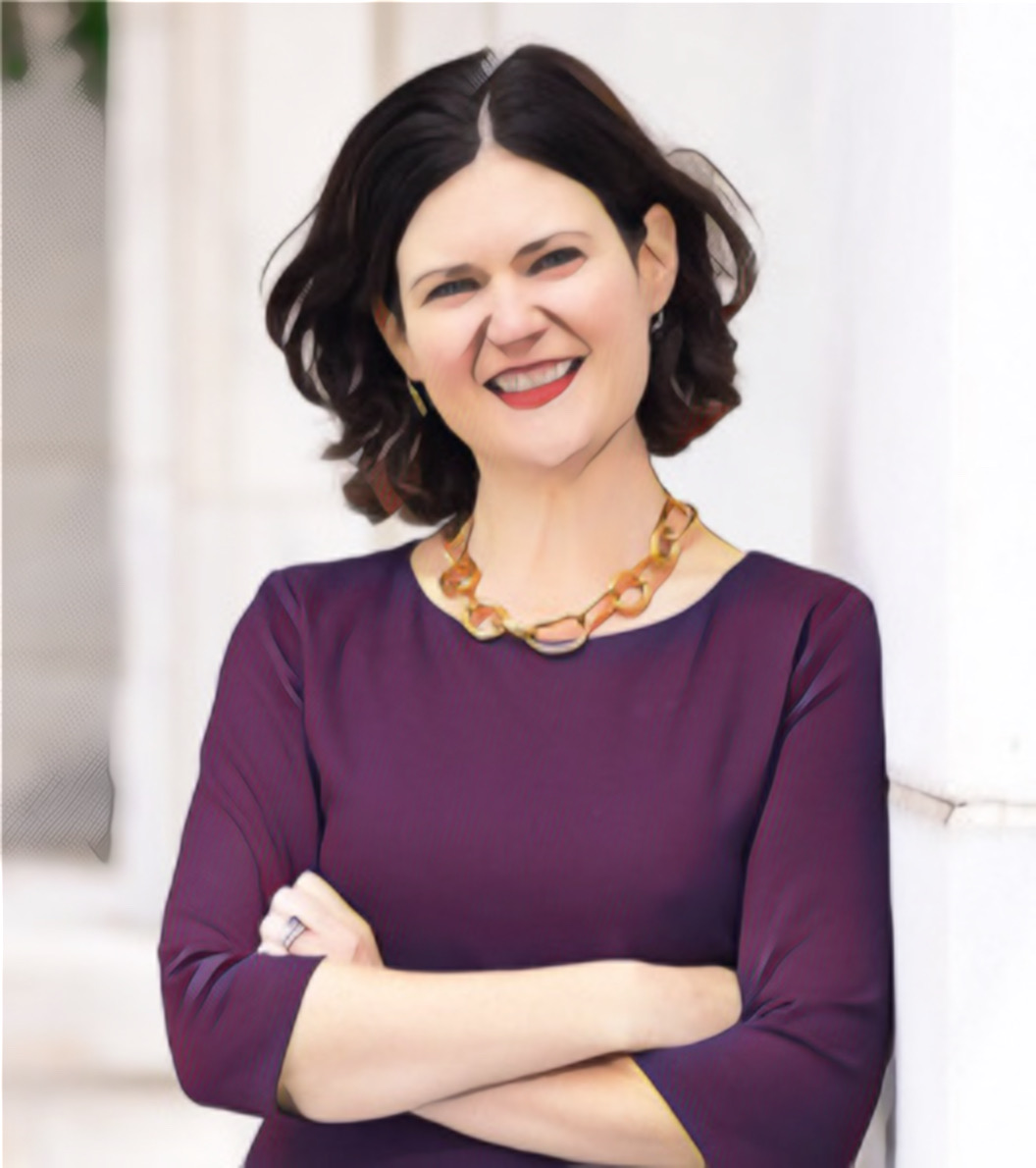Being Baptist in an election year
“It can be tempting to throw our hands up and withdraw from the increasingly toxic political environment. But such a response, I believe, would betray Jesus’ teaching for us to give to God the things that are God’s and to Caesar the things that are Caesar’s.”

“This is the most important election in our lifetime.” Though the line sounds hyperbolic, I tend to agree. After the attempted insurrection on January 6, 2021, and with continued lies about the integrity of the election system, democracy itself is on the ballot this November — in races up and down the ballot and across the country. Our democratic system relies on all of us exercising our legal right to vote and supporting free and fair elections.
With so much at stake, I led a three-week series of conversations at my Baptist church in Dallas to discern how we could engage faithfully in the electoral process and bring the best of our Baptist identity to our community.
First, we considered what it means to “be Baptist.” I think of the Rev. Dr. Walter B. “Buddy” Shurden’s helpful framework on Baptist identity anchored in the “Four Fragile Freedoms”: Bible freedom, soul freedom, church freedom and religious freedom. All of these freedoms come with rights and responsibilities.
Bible freedom means that every believer is competent to interpret the Bible and has the accompanying responsibility to study the history, context and interpretations of Scripture to understand how the Spirit is speaking through it.
Soul freedom honors the image of God in every person by protecting the individual’s choice to follow God in making moral and spiritual decisions. Faith must always be voluntary and not forced.
Church freedom recognizes the independence of each Baptist church. Baptist polity is (small “d”) “democratic” as it accents the role of the individual in the community, keeping power with and close to the people.
Religious freedom protects all three of the other freedoms for the entire community — not just Baptists — by ensuring that the institutions of government and religion are sufficiently separated as distinct lines of authority, so that religion is neither supported nor impeded by the state.
We see threats to all four of these freedoms in this election year. Politicians misuse the Bible in campaign rhetoric. There is a proliferation of policies in states like Oklahoma and Texas to require the teaching of Bible in public schools, alongside a new law in Louisiana to require the posting of the Ten Commandments in public school classrooms.
Candidates and parties attempt to co-opt churches and religious organizations for their campaigns. Widening polarization that encourages us to see our political opponents as enemies results in alienating ourselves from people who vote differently than us and obscuring our vision to see the image of God in each person. Christian nationalism — and its merger of national and religious identities — privileges an increasingly narrow understanding of Christianity. That narrow view creates discriminatory and dangerous policies that lead to the marginalization and oppression of everyone who falls outside of the tight circle of belonging.
It can be tempting to throw our hands up and withdraw from the increasingly toxic political environment. But such a response, I believe, would betray Jesus’ teaching for us to give to God the things that are God’s and to Caesar the things that are Caesar’s.
God asks us to love God and to love our neighbors. Or, according to the prophet Micah, to do justice, love mercy and walk humbly with God. We are called to engage in our society in the pursuit of justice, but we are to do so without confusing political authority with our higher responsibilities to God as we work together to bring God’s kingdom and beloved community to our earthly lives.
Our “Caesar” — the U.S. government — gives us the responsibilities of citizenship, including engaging in the democratic process, staying informed on issues and volunteering in our community.
Our commitment to “being Baptist” in the best sense of our tradition can be helpful to our pluralistic democracy in this critical year.
We can allow everyone the freedom to interpret the Bible while speaking out against attempts to allow any one person’s interpretation of the Bible to be legislated in law and/or implemented in policy.
We can affirm the sacredness of individual choice, testifying that each person — created in the image of God — can make moral, spiritual and religious decisions. We do this by standing up for each person’s freedom to make choices, including in the voting booth.
We can stand firmly against Christian nationalism and affirm each person’s equality in our society without regard to religious identity.
As churches, we can value our independence and refuse to be co-opted by political parties and candidates, while using our freedom to help the democratic process in nonpartisan ways. You can find great ideas for how houses of worship can engage in the process by checking out the “Faith in Elections Playbook” from Interfaith America and Protect Democracy, as well as resources from Faiths United to Save Democracy.
I’m looking forward to engaging in the democratic process with my church community this year, and I encourage everyone to do the same. Our freedoms depend upon it.
Amanda Tyler is executive director of BJC.
This article first appeared in the summer 2024 edition of Report from the Capital. You can download it as a PDF or read a digital flip-through edition.




